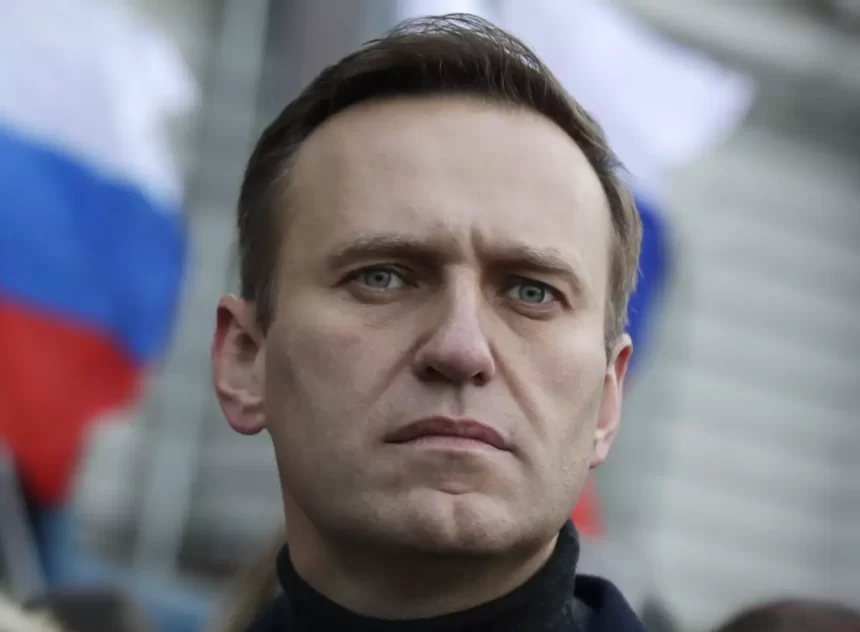Russian opposition leader Alexei Navalny, currently serving a 19-year sentence, has raised concerns about his treatment at the Arctic penal colony. Navalny alleges that officials have isolated him in a punishment cell, citing a minor infraction as the basis for this punitive measure. This move is seen as the latest attempt to increase pressure on President Vladimir Putin’s most prominent political opponent.
Navalny, a vocal critic of the Russian government, has been a thorn in the side of the Kremlin for years. His high-profile opposition has led to multiple arrests and legal challenges. The recent isolation in the penal colony raises questions about the treatment of political prisoners in Russia and the extent to which the government is willing to go to suppress dissent.
According to Navalny’s social media statement, he was accused of refusing to “introduce himself in line with protocol.” This seemingly minor infraction resulted in a seven-day sentence in a punishment cell. The isolation tactic echoes previous instances where political dissidents have faced harsh treatment within the Russian penal system.
About Alexei Navalny:
The isolation of Navalny appears to be part of a broader strategy to exert control and stifle opposition. By subjecting Navalny to punitive measures for seemingly trivial reasons, Russian authorities aim to send a message to other political dissidents and discourage further dissent. The move aligns with a pattern of suppressing opposition voices that has characterized Putin’s rule.
Navalny’s treatment has drawn condemnation from the international community. Human rights organizations, foreign governments, and activists have expressed concern about the apparent abuse of power and the harsh conditions faced by political prisoners in Russia. Calls for Navalny’s release and fair treatment have intensified, putting additional pressure on the Kremlin to address these allegations.
The isolation of Alexei Navalny in a punishment cell over a minor infraction highlights the ongoing challenges faced by political dissidents in Russia. The incident sheds light on the lengths to which the Russian government is willing to go to silence opposition voices. As the international community continues to scrutinize the treatment of Navalny and other political prisoners, it remains to be seen how these developments will impact Russia’s stance on human rights and its relationship with the global community.
